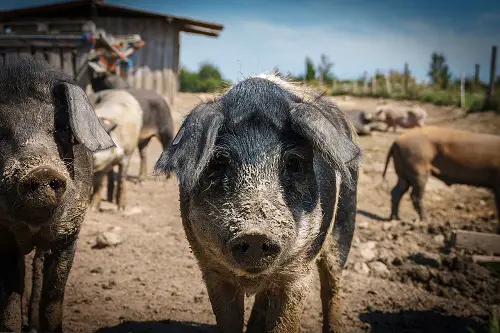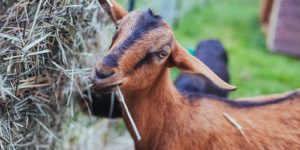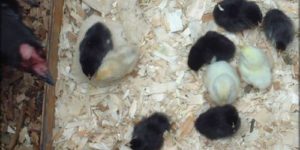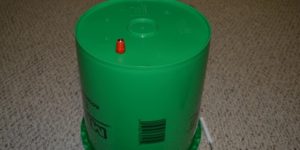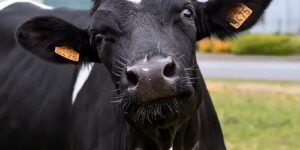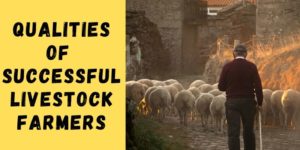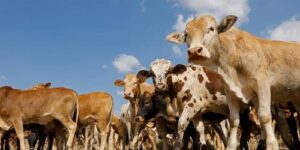All industries want to increase efficiency in their everyday practices through environmentally friendly, sustainable, and holistic means. Having various standards in place for livestock management is key to contributing to the overall success of your business as well as the health and well-being of your animals.
Implementing easy changes to your farm’s structure sets you up for future prosperity. Here are the top four holistic and sustainable solutions to livestock management.
Natural Ventilation
Optimal airflow is necessary for healthy livestock. There are various ways to enhance air quality, but utilizing natural ventilation systems has many advantages over employing other technology-driven means. Natural ventilation includes sidewall openings, ridge vents, and curtains that allow fresh air intake and exhaust. Natural ventilation systems also reduce overall energy consumption while effectively circulating the air, making this a more sustainable and green option.
Feed Storage
An effective feed storage system is crucial to ensure your feed can be utilized completely and doesn’t go bad prematurely. Mold, mildew, dampness or slimy feeling to the touch, or a sour smell are telltale signs that feed has gone bad, so be sure to inspect the feed every time you use it. Feed storage solutions such as grain bins are ideal for easy access to the feed and to keep the feed as fresh as possible. Grain bins are typically made of metal, so they are a great investment that lasts for years and are also effective at helping keep rodents out.
Hygiene Protocols
Proper hygiene measures are another holistic approach to livestock management. The disease can rapidly spread through livestock without proper hygiene protocols because of the close proximity of the animals and the people who are working with them. Some simple hygiene solutions include disinfecting equipment regularly, discouraging people from eating and drinking near the livestock, and consistent hand washing and sanitizing.
Viruses and pathogens can linger on surfaces and humans that come in contact with livestock can unknowingly spread diseases, so it’s important to implement standard hygiene protocol for the livestock’s health and well-being.
Recycling Systems
Many industries are making it a goal to become more sustainable and create a circular economy where the system can thrive off of reusing and recycling its own material. A circular economy is crucial in particular to industries that utilize production so that it can do so in an environmentally-conscious way. Implementing recycling systems for farm waste is a way to promote a circular economy in the livestock sector.
Livestock produces its own waste such as excreta, hair, feathers, bedding, and other animal debris. Instead of disposing of the waste, implementing recycling systems to turn the waste into usable material such as nutrients to feed the soil and pasture crop production is a way to encourage a circular economy.
There are different ways to use a holistic and sustainable approach to livestock management. This not only helps keep the health and safety of the livestock a top priority but also lends itself to more sustainable practices that help the environment. The environmental impact, health, and safety of your livestock are all components of the long-term success of your farm.
